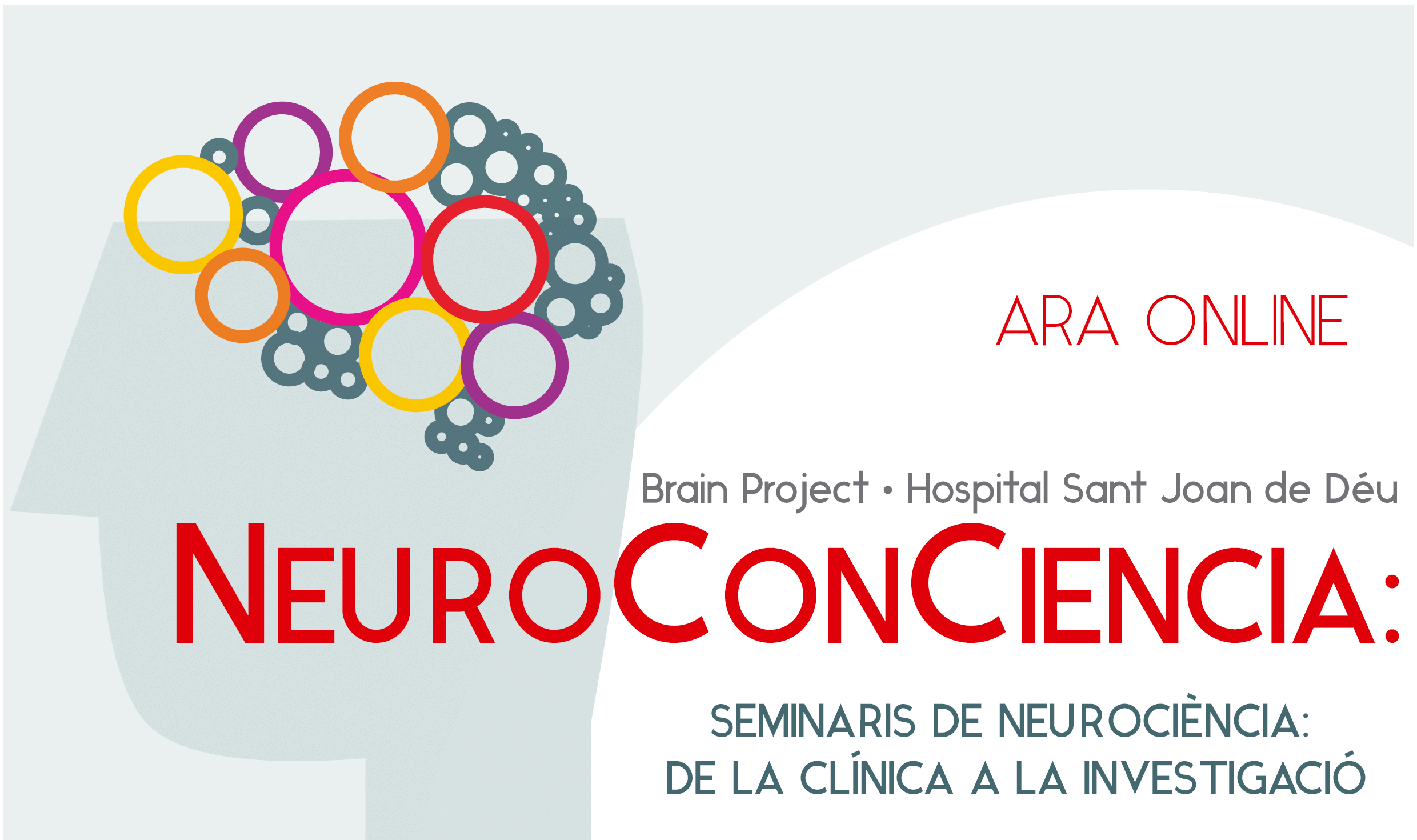#NeuroConCiencia · miRNAs in the fetal brain: much to gain, much to lose
- Dr. Victor Borrell Franco, investigador del Consejo Superior de Investigaciones Científicas (CSIC).
Si deseas obtener el enlace de connexión contacta con frecerca.comunicacio(ELIMINAR)@sjd.es
Os recordamos que los seminarios no se graban y, por tanto, no hay posibilidad de volverlos a visualizar.
Este seminario de realizará en inglés.
Resumen
The human brain is the result of millions of years of evolution, when genetic mechanisms were selected driving the amplification of neural stem cells during embryonic development, which gave rise to a dramatic expansion and folding of the cerebral cortex. This process was secondarily reversed in some lineages like rodents, leading to smaller brains with a smooth cortex. The genetic bases of these complex evolutionary dynamics remain unclear, but they can inform us on developmental processes derailed in human brain malformation and disease. While brain expansion in the recent human lineage is in part explained by the emergence of some new genes, mounting evidence points at the differential regulation of conserved genetic mechanisms as being central in the evolution of neurogenesis and brain size. I will discuss our discoveries in mouse showing the central role of microRNAs in the regulation of gene expression in the early embryonic cerebral cortex, its critical impact on progenitor cell amplification and neurogenesis, and our ongoing work on the consequences of miRNA deregulation in embryonal brain cancer. I will further show our recent findings on the small non-coding RNA MIR3607, which promotes the amplification of neural stem cells by activating beta-Catenin signaling via blockade of APC expression. Importantly, MIR3607 is highly expressed in germinal layers of the embryonic cortex of primates and carnivores, where it promotes progenitor amplification, but this was secondarily lost in rodents, leading to smaller progenitor pools and, consequently, to the reduction in size and folding of their cortex. Our findings demonstrate the central importance of mechanisms regulating gene expression in the evolution of embryonic cortical development, and its consequences on cortex size as well as in oncogenic brain disease.

